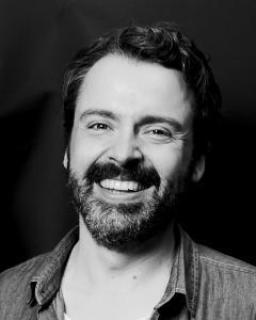Dr Scott McKinnon

Position: Campus Visitor
School and/or Centres: Centre for Environmental History
Scott McKinnon is a Vice-Chancellor's Postdoctoral Research Fellow in the Australian Centre for Culture, Environment, Society and Space (ACCESS), School of Geography and Sustainable Communities, University of Wollongong.
His current research investigates the role of collective memory in Australian experiences of disaster.
Scott is a geographer and historian with a particular interest in geographies of memory and the ways in which the past is constructed and enacted in the present. He has pursued this core research interest across a range of subjects, including disasters research, cinema studies and historical geographies of sexuality and gender.